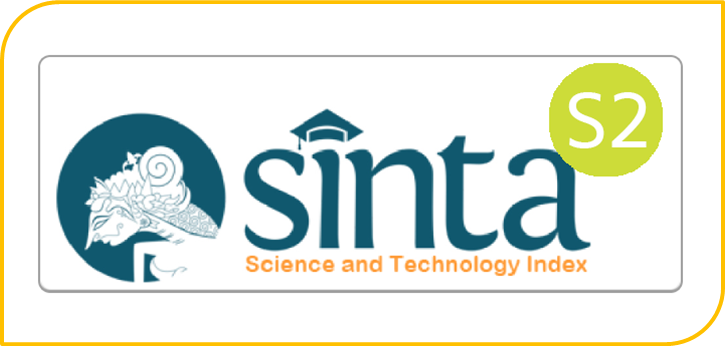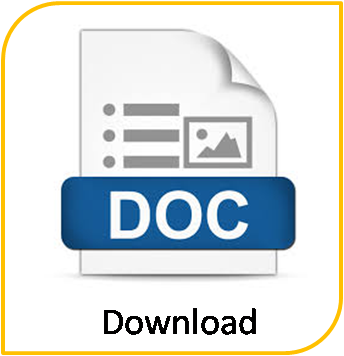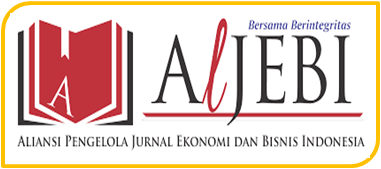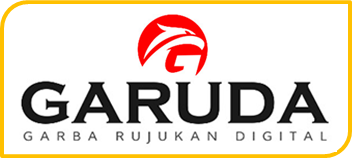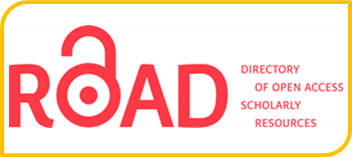- Focus and Scope
- Section Policies
- Peer Review Process
- Publication Frequency
- Open Access Policy
- Archiving
- Article Processing Charge
- Plagiarism Policy
Focus and Scope
El Dinar publishes research and studies on Islamic economics, banking, and finance. The journal highlights theoretical and practical discussions that integrate Sharia principles with contemporary financial practices to support sustainable and inclusive economic development. The topics are as follows, but not limited to :
- Takaful and Risk Management
- Inclusive Financial Development
- Money Payment System & Financial Innovation
- Islamic Pricing Risk & Liquidity Management
- Economics Analysis of Islamic Banking & Finance
- Regulation & Stability of Islamic Banking & Finance
- Sharia Supervisory Boards in Islamic Banking & Finance
- Product Development in Islamic Finance Institutions
- Islamic Economics & Finance
- Islamic Financial Services
- Islamic Ethics and Governance
- Islamic Capital Market
- Islamic Microfinance
- Islamic Financing Modes
- Islamic Social Finance
Section Policies
Articles
Peer Review Process
Peer Review Process and Editorial Decision
El Dinar applies a double-blind peer review process, in which both authors and reviewers remain anonymous throughout the review process. Each manuscript is reviewed by at least two independent reviewers before a final editorial decision is made.
All submitted articles are read by the editorial staff. Those articles evaluated by editors as inappropriate to the journal's criteria are rejected promptly without external review. Articles evaluated to be of potential interest to our readership are sent to double-blind reviewers. Every submitted manuscript will be reviewed by at least two reviewers. The editors then make a decision based on the reviewers' recommendation from among several possibilities: rejected, require major revision, need minor revision, or accepted. The Editor of El Dinar has the right to decide which manuscripts submitted to the journal should be published.
To be published in this journal, a paper should meet general criteria:
- The submitted article must be original, unpublished work, and not under consideration for publication elsewhere.
- Provides strong evidence for its conclusions.
- Should be based on research results or literature studies in Islamic economics and Islamic banking.
- Ideally, it should be of interest to researchers in the field of Islamic economics and related disciplines.
In general, to be acceptable, the article should represent an advance in understanding likely to influence thinking in the field. There should be a discernible reason why the work deserves the visibility of publication in El Dinar rather than the best of the specialist journals.
Review Process:
1. Author Article Submission
2. Editor Evaluation [some articles may be rejected or returned before the review process]; If the content and format of the submitted article are seen as appropriate by the editors, the article will then be sent out for 'blind review' by two independent referees. Revisions may be required in the light of referees' comments before a decision is made to accept or reject the paper.
3. Double-Blind Peer Review Process; The author does not know who the reviewers are, and the reviewers do not know the identity of the author.
4. Editor Decision; All papers sent back to the authors for revision should be returned to the editor without delay. Revised articles can be sent to the editorial office through the Online Submission Interface. The revised manuscripts returned later than three months will be considered as new submissions
5. Confirmation to the authors
Publication Frequency
This journal is published twice in one year, namely in April and October.
Open Access Policy
El Dinar provides immediate open access to its content on the principle that making research freely available to the public supports a greater global exchange of knowledge.
All articles published in this journal are immediately and permanently free to read and download. We continuously work with our author community to ensure the best licensing options. Currently, this journal uses the Creative Commons Attribution-ShareAlike 4.0 International License (CC BY-SA 4.0).
Archiving
This journal utilizes the LOCKSS system to create a distributed archiving system among participating libraries and permits those libraries to create permanent archives of the journal for purposes of preservation and restoration.
The LOCKSS Publisher Manifest page for this journal is available at: https://ejournal.uin-malang.ac.id/index.php/eldinar/gateway/lockss
Article Processing Charge
This journal charges the following author fees.
Article Submission: 0.00 (IDR)
No fees are charged for submitting papers.
Article Publication: 0.00 (IDR)
No fees are charged for publishing accepted papers.
This journal does not charge an Article Processing Charge (APC). However, to ensure language quality and conformity with international academic standards, we recommend proofreading services.
This proofreading service is optional but highly recommended, especially for English-written articles by non-native authors. Authors bear the proofreading fee and pay the agency directly.
Please contact our editorial team if you require further information.
Plagiarism Policy
El Dinar: Jurnal Keuangan dan Perbankan Syariah will judge any case of plagiarism within its limits. All submitted texts will be screened using plagiarism detection software such as Turnitin and Plagiarism Checker. The similarity tolerance is set at a maximum of 20%. If plagiarism is detected by the editorial board members, reviewers, or editors at any stage of the article process—before or after acceptance—we will notify the author(s) and ask them to rewrite the content or to cite the references from where the content has been taken.

